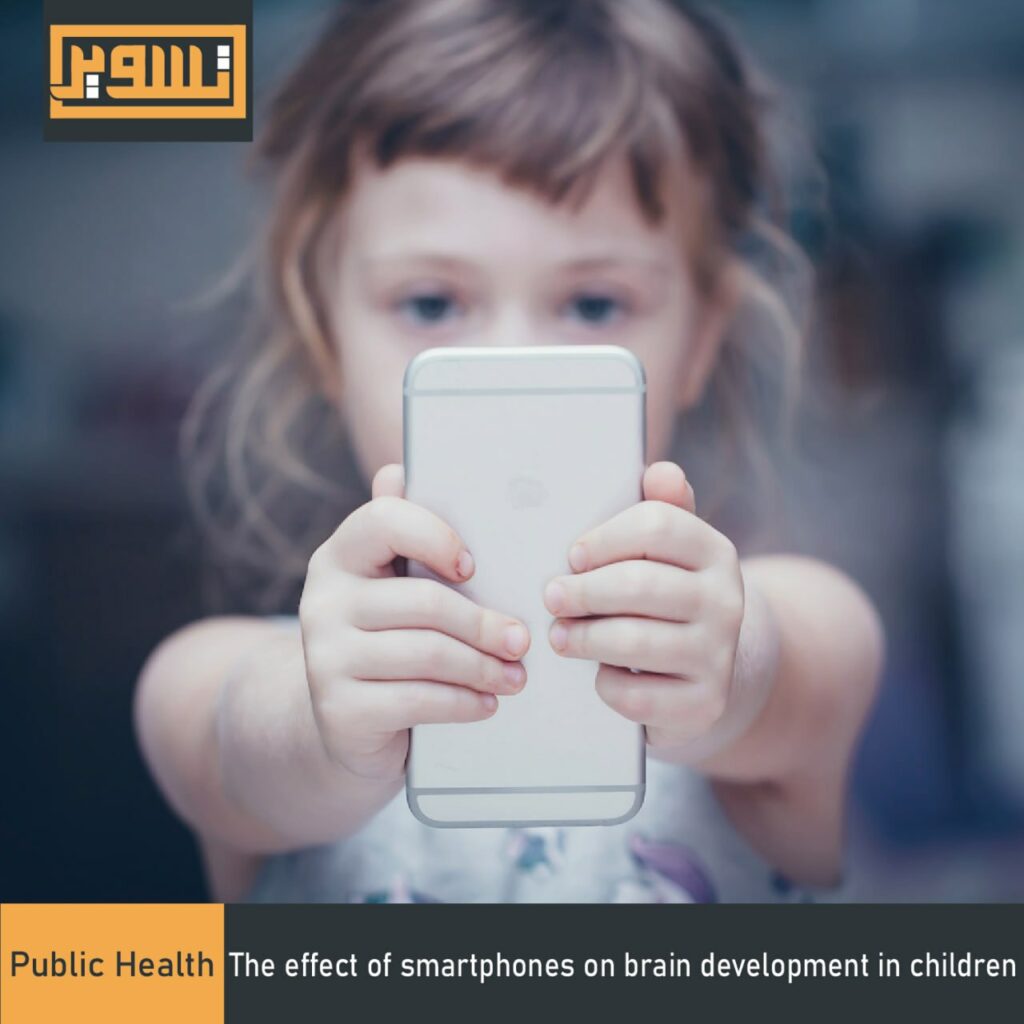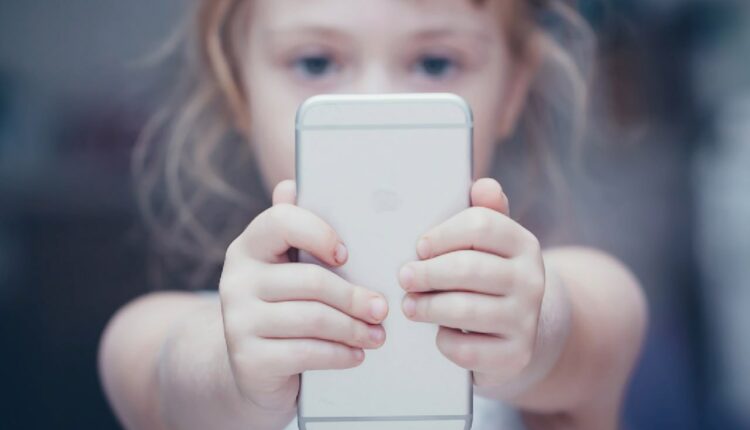The effect of smartphones on brain development in children
Smartphones may negatively affect brain development in children. Parents should monitor screen time and content to promote responsible use and healthy cognitive, emotional, and social development.
The effect of smartphones on brain
development in children.
Smartphones have become an integral part of our daily lives, and their use has become increasingly prevalent among children. While the benefits of smartphones are many, there is growing concern about the potential impact of their use on brain development in children. This article aims to explore the effect of smartphones on brain development in children and the possible implications of prolonged use.
The human brain is constantly developing, especially during childhood and adolescence, with the formation of neural connections that play a vital role in cognitive, emotional, and social functioning. The impact of smartphone use on brain development in children is a complex issue that involves multiple factors. One of the most significant factors is the amount of time spent using smartphones.
Studies have shown that excessive use of smartphones can have adverse effects on brain development in children. A study published in the journal Child Development found that children who spent more than two hours a day using electronic devices, including smartphones, had lower cognitive and language scores than children who spent less time on electronic devices. Another study published in the journal Nature found that excessive smartphone use can lead to changes in brain chemistry, including reduced gray matter volume in certain regions of the brain associated with cognitive control, emotional regulation, and decision-making.
The impact of smartphone use on brain development in children also depends on the type of content accessed on smartphones. While some smartphone applications can be educational and promote cognitive development, others can be detrimental to brain development. For instance, violent video games and social media can negatively impact children’s emotional and social development, leading to increased aggression, anxiety, and depression.
Another concern related to smartphone use is the potential for addiction. Children who spend a lot of time on their smartphones may develop an addiction, leading to physical and psychological dependence. This addiction can affect brain development in children, leading to reduced gray matter volume in the prefrontal cortex, which is responsible for decision-making, impulse control, and attention.
Finally, the impact of smartphone use on brain development in children also depends on the age of the child. Younger children, whose brains are still developing, are more vulnerable to the adverse effects of smartphone use than older children. A study published in the Journal of the American Medical Association found that children who used smartphones before the age of two had increased hyperactivity and decreased cognitive development.
In conclusion, the impact of smartphones on brain development in children is a complex issue that involves multiple factors, including the amount of time spent on smartphones, the type of content accessed, the potential for addiction, and the age of the child. While smartphones can have educational benefits, excessive use can have adverse effects on cognitive, emotional, and social development. Parents, educators, and healthcare professionals should be aware of the potential risks associated with smartphone use and take steps to promote responsible and healthy smartphone use among children.
Written by | Soufyan.Alahmed
Proofreading and editing | Mohamed Raheem
Sources:
- American Academy of Pediatrics. (2016). Media and children communication toolkit.
Retrieved from https://www.aap.org/en-us/documents/digital-media-toolkit.pdf
- Barr, R. (2013). Brain development and early learning in children. Pediatrics, 131(2), e838-e846.
- Chandra, M. (2018). Smartphones and children’s brain development. Harvard Health Blog.
Retrieved from https://www.health.harvard.edu/blog/smartphones-and-childrens-brain-development-2018081314471
- Del Monte, G. (2018). The impact of smartphones on children’s brains. Psychology
Today. Retrieved from https://www.psychologytoday.com/us/blog/brain-babble/201801/the-impact-smartphones-childrens-brains
- McShane, C. (2019). The effects of technology on children’s development. Forbes.
Retrieved from https://www.forbes.com/sites/christinecarter/2019/06/07/the-effects-of-technology-on-childrens-development/#421b90f26067
- National Institutes of Health. (2019). How much screen time is best for children?
Retrieved from https://www.nih.gov/news-events/nih-research-matters/how-much-screen-time-best-children
- Uhls, Y. T., Michikyan, M., Morris, J., Garcia, D., Small, G. W., Zgourou, E., & Greenfield, P. M. (2014). Five days at outdoor education camp without screens improves preteen skills with nonverbal emotion cues. Computers in Human Behavior, 39, 387-392.


